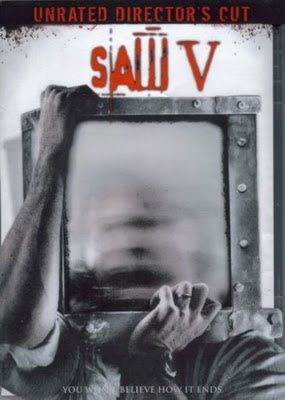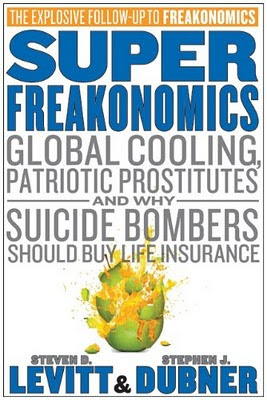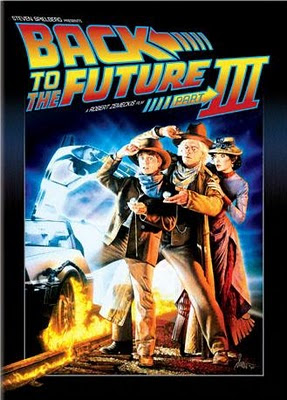
This Veterans Day, in honor of the men and women who risk their lives to keep us safe here at home, I decided to watch... this direct-to-DVD piece of shit. I purchased it for next to nothing two days ago at a Blockbuster that was going out of business. Why? A few reasons. Firstly, I love Jessica Simpson. She's such a sad sap. She's an innocent and (usually) beautiful sweetheart but leads a depressing and often-ridiculed life. She gets fat, she gets dumped, and she gets mocked by vegetarians, and the whole world knows about it. Her fucking dog gets eaten by a coyote, and the world giggles at her sadness. And it's probably because we, as people, love seeing successful people fail. But anyone who knows her like I know her (and I watched every episode of The Newlyweds - how many other guys can say that?) knows that she's a sensitive, religious, Southern gal without a malicious or pompous bone in her body. Secondly, I own about 300 movies and only a couple of them can really be described as "absolutely terrible." Paris Hilton's Pledge This stands alone as the worst movie I own by far, and I felt like giving it some competition. Thirdly, well, just look at the lower left-hand quadrant of the DVD cover. Yeah. Right? Right. So let's get down to business with a review. I'm going to break from tradition here and just let the movie's plot speak for itself. Spoilers abound, but honestly, does anyone reading this give a shit? I didn't think so. The movie starts with an opening credit montage of Megan Valentine (J-Sims herself), a movie star, enjoying her rich and famous lifestyle. It's a big day for her, as her newest movie is premiering. But the movie bombs! And while using the restroom, Megan catches her best "friends" talking shit about her! And then after going home, she catches her boyfriend cheating on her! With her male manager! Sighing and sulking, she barely has time to give a heart-warming J-Sims pout and collapse on her couch before her agent comes in and tells her her accountant has stolen her entire fortune from her! Talk about a terrible night, huh? Now homeless, boyfriend-less, friendless, and career-less, our movie star actress drives off in a drunken stupor, crashes, flees the scene, and passes out somewhere in the middle of the city - but she still looks just adorable all the while, still wearing her red carpet dress, carrying her expensive heels, and having mascara running around her eyes. She awakens the next morning in front of the doorway to an Army recruiting center - miraculously, unraped and unrobbed. It is here that Ms. Valentine realizes that she has found her life's calling - she's got to join the Army, obviously. No sooner has she signed the paperwork than she finds herself on a bus en route to training camp. And here's where the movie really starts to get silly; she's still in her red carpet dress! I guess, in direct-to-DVD world, the Army recruiters don't give you time to go home and change. Or even pack. Now, I was at least partially on board for these first ten minutes of the movie. "Sure, this is cliche in every way and the jokes aren't great," I thought, "but I don't think this belongs in the IMDb.com Bottom 100." And then, J-Sims' bus arrived at boot camp. Apparently, this film's boot camp is entirely co-ed, allows its participants to wear street clothes, and lacks anyone who really wants to be in the armed services. And that's the next forty minutes of the movie, in a nutshell. But don't worry, because some of your favorite actors are along for the ride as well. There are A-list actresses like Vivica A. Fox and Cheri Oteri! Classic TV guest stars like Keith from Scrubs, or Bullit from The OC. As the movie unfolds, our darling little heroine slowly learns to embrace her situation, and her cute-as-a-button pouts and crying sessions give way to dimple-betraying smiles and moments of laughter. She makes friends, takes new responsibilities, and finally thinks she has her life together. But then, in an end-of-the-second-act turn of events unlike any in movie history, Valentine has a falling out with all of her Army friends, gets in trouble with her drill sergeant, and, due to a processing error that hasn't been found until just now, discharged from the military. She returns to her mansion (apparently her financial woes have been resolved while she's been away), but this time around, she's a changed gal. Now, she's calling the shots. This is made clear when she fires her frienemy staff-members and gay manager and then tells her agent that she's making all of her career and wardrobe decisions from now on. I'm telling you, the balls on this chick! These days, when J-Sims' non-white maid comes upstairs to serve her breakfast in bed, the bed is made and the former diva is already out and about on an early morning run. And before long (I mean, it's literally been like three minutes of movie time since she's been discharged), J-Sims rejoins the Army and picks up right where she left off - at basic training's final mission! I'm sure I don't even need to tell you what happens, but, for the sake of being complete, I'll just do so: she leads her band of misfits to the finish line, displaying leadership and determination no one ever knew she had - catching fish with her urine (seriously), crossing a river full of alligators, and capturing the heart of her super-dreamy supervisor all along the way. She did it! She transformed her life, and all it took was basic training! Now, she's free to go off and face the world - which is weird, because I always thought basic training graduates weren't free to do anything at all short of getting shipped off to Iraq immediately. Oh well. Forget semantics and enjoy this feel good movie. I give it a 3.5/10, and I'd call it "moderately watchable." Sorry, Pledge This. Looks like you're still the cellar dweller after all. Happy Veterans Day, everyone.















